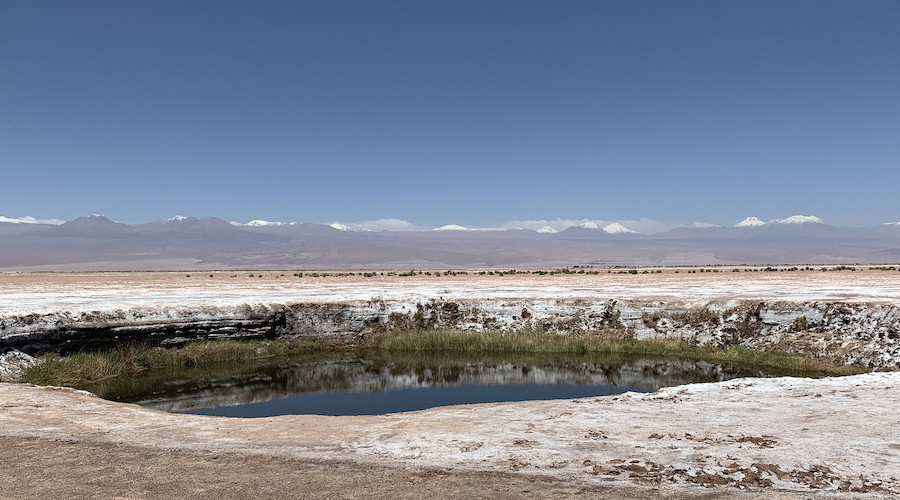Chile’s Enami eyes lithium license in boost to partner search

Chilean authorities are expected to grant Enami a lithium operating license by year-end, paving the way for the state company to secure partners to develop the project.
All six local indigenous communities have given their consent for the Altoandinos project to proceed in salt flats in the northern desert, allowing for permits to be granted, according to Enami chief executive officer Ivan Mlynarz.
“The commitment of the Mining Ministry is for that to happen by the end of December,” he said in an interview Wednesday.
Altoandinos would be the first project to go through community consultation and permitting under President Gabriel Boric’s public-private approach to opening up new extraction areas in a bid to double output. While the state will control projects in Chile’s two biggest salt flats, Enami has been cleared to hand over control of Altoandinos to a private group.
Prospective partners are betting lithium will recover from near three-year lows as a glut works its way through battery supply chains after electric-vehicle demand slowed just as new supply came on stream.
The state company has shortlisted four would-be developers — Rio Tinto Group, China’s BYD Co., France’s Eramet SA and Posco Holdings Inc. of South Korea. Two other firms — China’s CNGR Advanced Material Co. and LG Energy Solution Ltd. — are in the running to put up financing in exchange for a share of production.
A final decision on Altoandinos partners is scheduled for April or May, Mlynarz said. In a parallel process, companies are vying to provide direct lithium extraction technology for the project. Chile is pushing the use of DLE as a greener alternative to the conventional evaporation technique.
Altoandinos, comprised of three salt flats in the Atacama region, is forecast to churn out 20,000 metric tons a year by 2032 and triple that by 2037. That would require investment of $800 million to $1 billion.
(By James Attwood)
Read More: Chile doubles number of lithium sites open to investment
{{ commodity.name }}
{{ post.title }}
{{ post.date }}




Comments